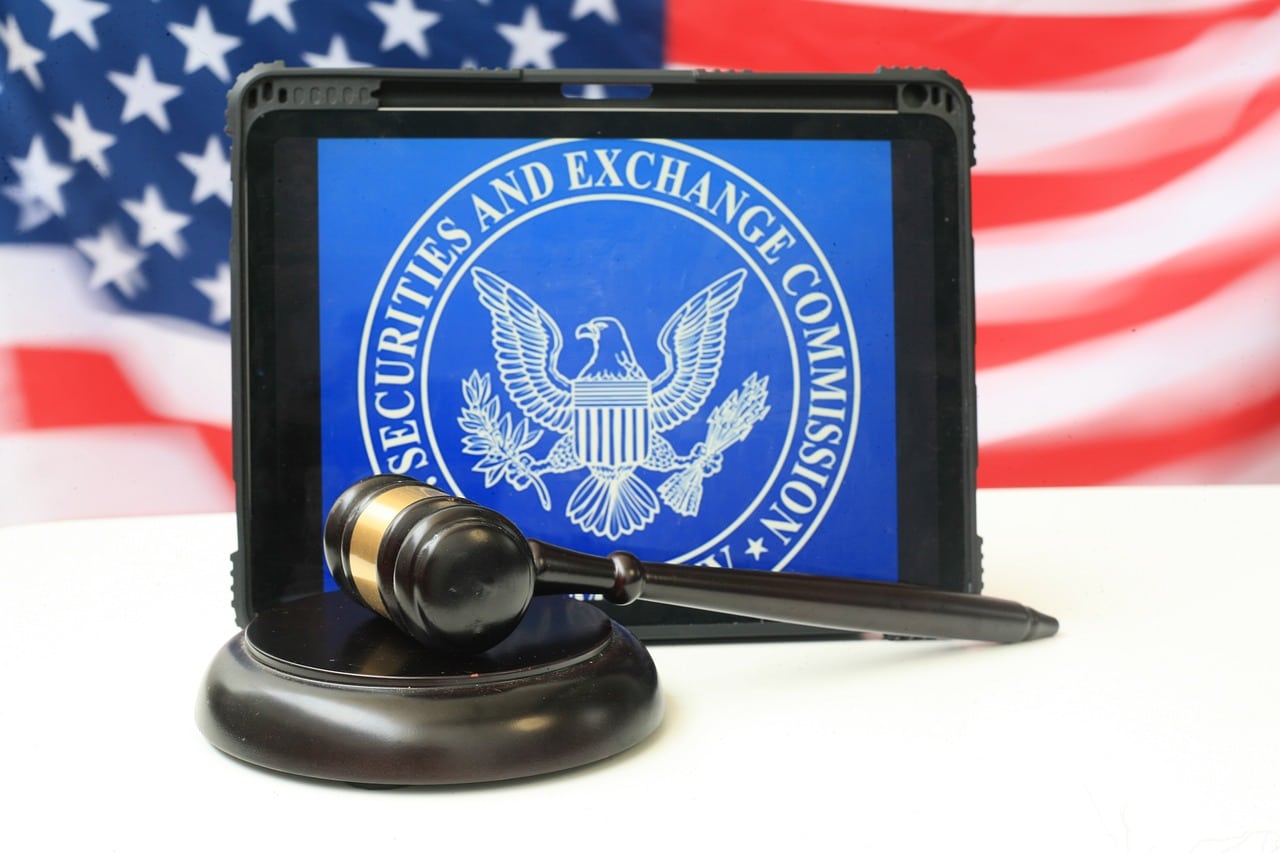Coinbase Faces a Crucial Week: Potential 30% Revenue Drop Looms – Here’s Why

Crypto exchange Coinbase risks losing one-third of its total revenue due to ongoing legal pressure from federal regulators, according to several analysts familiar with the matter.
In comments shared with Finance Feeds, Mizuho Securities analyst Dan Dolev explained that a poor court ruling shortly could force Coinbase to segregate its conglomeration of popular crypto services.
These include trading, staking, and custodianship – especially for safeguarding the Bitcoin (BTC) belonging to the two largest Bitcoin spot ETF providers.
Back in June, the Securities and Exchange Commission (SEC) sued Coinbase for operating as an unregistered broker, national securities exchange, and clearing agency, among other things. The agency has repeatedly stressed that such services are partitioned within traditional, more regulated financial markets to avoid conflicts of interest.
Coinbase is scheduled for its court hearing with the SEC on Wednesday to try and have the lawsuit dismissed, but experts don’t like their odds. For one, former SEC enforcement branch chief Lisa Bragança believes it will be difficult for Coinbase to decisively prove that none of the assets on its platform are securities.
Specifically, the lawsuit alleged that over a dozen assets on the company’s trading platform pass the Howey Test – a four pronged legal standard for identifying investment contracts.
Digging deep into the transcript of the pre-motion conference in SEC v. @Coinbase.
One of my favorite quotes from the Judge:
"What is the difference between those that are not [securities] and those that are? And how has that been communicated by the SEC to the investing…
— MetaLawMan (@MetaLawMan) July 18, 2023
Does Coinbase List Securities?
Coinbase has long argued that it doesn’t list securities, reflecting the crypto industry’s differing interpretation of the law compared to regulators. It’s also pushed for the SEC to propose new rules for how digital asset securities should be registered, sold, and traded, though the agency is reluctant to do so.
In previous lawsuits against crypto companies, the SEC has seen mixed success. In July, a federal judge ruled against the SEC by asserting that XRP – the cryptocurrency issued by blockchain payments firm Ripple – is not inherently a security.
By contrast, the SEC won a favorable ruling in its lawsuit against Terraform Labs last month, in which the judge determined that its defunct cryptocurrency LUNA was a
security.
The SEC also successfully charged Kraken a $30 million fine last year for failing to register its staking-as-a-service product as a securities offering.
Coinbase offers a similar service and has been accused of the same violations, but maintains that staking is not a security. The company has already been forced to stop expanding its staking service in four U.S. states.








